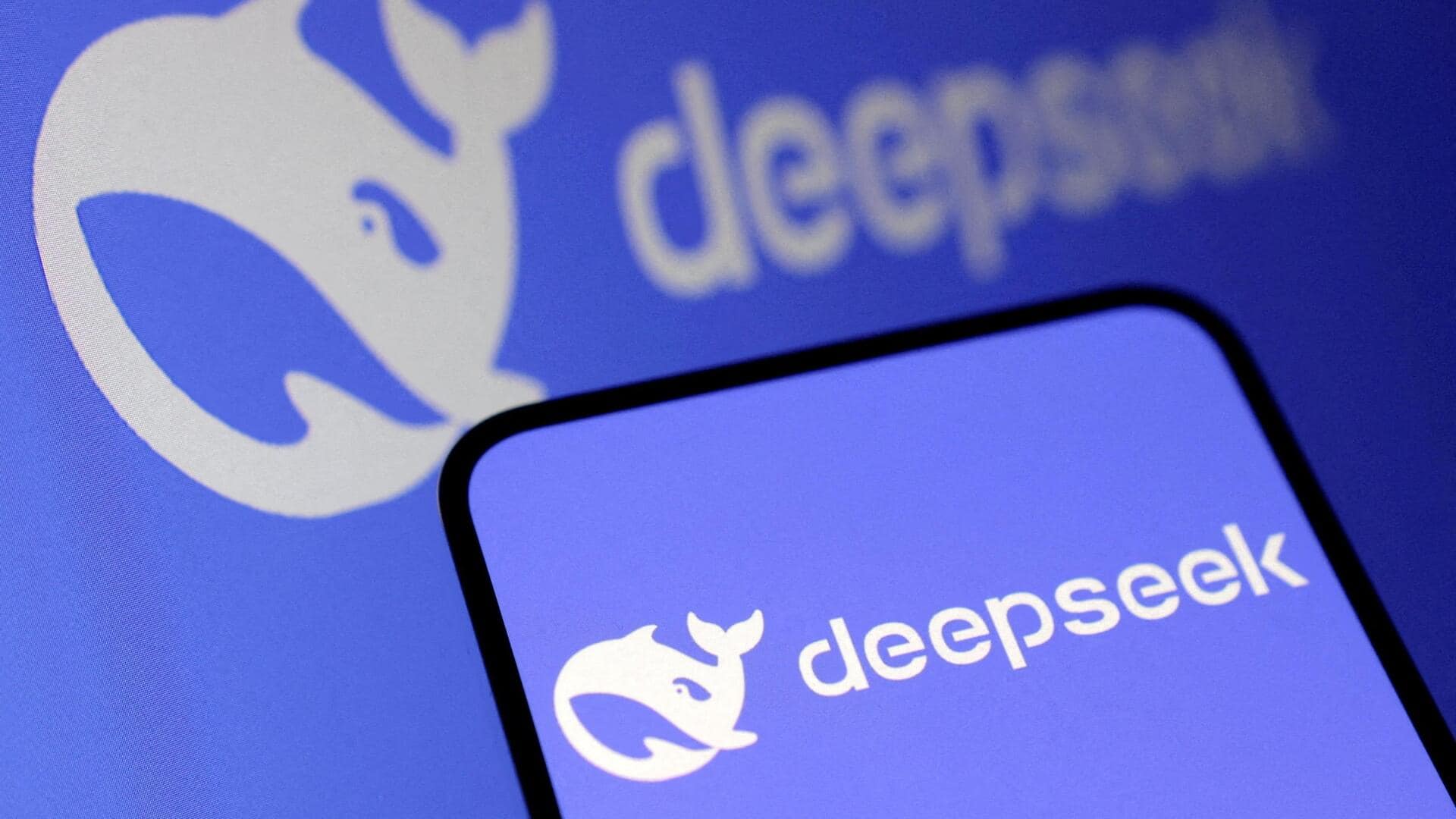
Hype around DeepSeek's tech 'a bit overblown,' says Anthropic co-founder
What's the story
Jack Clark, the co-founder of AI company Anthropic, has expressed skepticism about the recent hype surrounding Chinese start-up DeepSeek. Speaking at the Hill and Valley Forum in Washington, Clark stated that DeepSeek's technology is "six to eight months behind where US frontier companies are." He acknowledged the clever algorithmic ideas in DeepSeek's technology but suggested that the excitement may be "a bit overblown."
Security concerns
DeepSeek's tech not a national security threat, says Clark
Despite acknowledging DeepSeek's tech potential, Clark stressed it doesn't present a national security risk according to internal Anthropic tests. The statement comes amid speculation about DeepSeek's next-generation models. The Hangzhou-based company recently open-sourced its 671-billion-parameter Prover-V2 model, an update to its specialized model for dealing with math proofs. However, there's been no word on progress on its much-anticipated R2 reasoning model.
Industry impact
DeepSeek's cost-efficient model training boosts China's AI industry
DeepSeek had made waves in Silicon Valley and Wall Street earlier this year with its open-source R1 model, built on the foundational V3 model. Anthropic CEO Dario Amodei highlighted in a blog post that DeepSeek had not developed its models as cheaply as commonly believed, and urged the US to tighten chip exports to China. Despite export curbs on advanced tech by Washington, DeepSeek's cost-efficient model training has boosted confidence within China's AI industry.
Company profile
Anthropic's funding and focus on AI safety
Anthropic, the firm behind the Claude artificial intelligence models, is a public benefit corporation focused on AI safety. The company has received significant support from tech giants such as Amazon and Google, along with leading venture capital firms. In March, Anthropic raised $3.5 billion in a funding round led by Lightspeed Venture Partners, valuing the company at $61.5 billion.